 Victor Canivell’s professional career has focused on three fundamental pillars: the use of new technologies, the constant search for innovation, and his entrepreneurial vision.
Victor Canivell’s professional career has focused on three fundamental pillars: the use of new technologies, the constant search for innovation, and his entrepreneurial vision.
With an academic background in Physical Sciences, a PhD in Quantum Physics from the UB, and an MBA from ESADE, Victor started his career in the computer sector. He worked in various North American multinationals in executive positions in Europe and the US, before dedicating himself to the management of startups, mainly in the field of computer security.
In 2019, Victor received an unexpected proposal: to set up a quantum computing startup in Barcelona. At that time, he was unaware of the significant advances that had been made in the experimental manipulation of quantum states of matter, which now made it possible to build a quantum computer. The idea immediately excited him. It was a unique opportunity to put his initial knowledge into practice through the creation of a startup in Spanish territory.
This is how he became the co-founder of Qilimanjaro, the startup that will be responsible for building and launching the first quantum computer in southern Europe as part of the Quantum Spain project.
This infrastructure will be installed at the Barcelona Supercomputing Center – National Supercomputing Center (BSC-CNS) and will be integrated into the MareNostrum 5 supercomputer, the most powerful in Spain and among the most advanced in Europe and the world.
1- What will Qilimanjaro’s role be within Quantum Spain?
Quantum Spain has several dimensions. On the one hand, we have an area associated with promoting the use and development of quantum algorithms, especially for Machine Learning. This aspect is fundamentally linked to the academic world at the moment. However, there is also a dimension that has to do with provision. This considers installing a quantum system in the Barcelona Supercomputing Center (BSC-CNS), which will be integrated with the Marenostrum supercomputer. In this way, users will be able to access a hybrid system, both quantum and classical.
In summary, Qilimanjaro is responsible for providing and launching the first quantum computer at the BSC. Everything related to the installation of the conventional system that manages the quantum system will be in the hands of GMV, the national multinational in the ICT field, with whom we already collaborate on other projects.
Qilimanjaro is responsible for everything related to the selection, development, installation of components, their characterization, fine-tuning, and integration of all hardware equipment so that the quantum system works. On the other hand, the software to translate the instructions of quantum programs into signals that allow the qubits to be controlled, and also to be able to read the results of these quantum calculations, is also a stack developed by Qilimanjaro along with other institutions.
By the way, this software will allow quantum algorithms to work with both the BSC’s quantum system and quantum emulators on classical systems, such as Marenostrum itself.
2- Has Qilimanjaro taken on a challenge of this magnitude before?
Obviously, this is a significant challenge, but we have already done something similar, albeit on a much smaller scale. When Qilimanjaro was born, we had the opportunity to collaborate with a new entity in the United Arab Emirates called the Technology Innovation Institute. They wanted to build a laboratory, acquire a quantum computer, and create a team of experts in this technology. They wanted to be self-sufficient.
This project began in 2020 and ended in December 2022. What we did was provide this institution with a quantum computer similar to the one that will be in the BSC, but much smaller. It could be said that the exercise of developing the components, integrating them, providing them with the corresponding software, and making the users able to use it, we have already done it, but now we are going to do it with a larger and much more important configuration.
3- What is the differentiating factor of Qilimanjaro compared to other companies in the sector?
One fundamental reason is that we have a dual personality. A dual personality in the sense that, on the one hand, we have already developed a team for quantum hardware. That is, we have a proven track record in the development of quantum devices and chips, at the level of international clients and European academic development.
The other heart of the company has to do with the ability to develop quantum algorithms. Quantum is reflected in that there is new hardware, which are these quantum chips that deal with qubits, and on the other hand, there are quantum algorithms, quantum programs: And both hardware and software are different from conventional ones. They are inspired by conventional ones, but they take advantage of the magic of quantum to do much more sophisticated things, such as superposition and entanglement, which allow very powerful parallelization, which can be orders of magnitude higher for certain types of calculation.
There are few European companies with experience in both areas. This is important for the following reason: the state of the art in quantum computing is still in relatively early stages. What providers are currently developing are first versions of what quantum systems will be in the future.
The manufacture of qubit chips is a very complex process, and there are still several barriers to overcome. The chips are made relatively artisanally, and not all of them have the same characteristics. For the same reason, it is very important that quantum software has knowledge of how the chips work and how they are made to be able to make the best possible use of them.
In addition, considering that chips are very difficult to design and manufacture, it is essential that they are well thought out, that is, closely linked to the type of problem they have to solve. There is a biunivocal relationship between the type of use case one wants to solve and the type of chip that must be manufactured to respond to that problem, and vice versa. At Qilimanjaro, our future will involve developing “Quantum ASICs,” that is, specialized quantum chips for certain calculations with a clear quantum advantage.
Finally, there is a virtuous circle between the development of algorithms and chips. Qilimanjaro is one of the few companies that has this dual personality, based on the founders’ origins and how the company was born. The company was founded on the idea of bringing a technology to market through a European project that sought to directly link the development of chips with algorithms. This is Qilimanjaro.
Another reason, obviously, is proximity. We are based in Barcelona and close to the BSC. This is an advantage because it facilitates collaboration with the institution that will operate the quantum system. It is also important that we are one of the few European startups developing quantum computers.
4- In the future, what changes do you think this new paradigm of computing will bring? Do you see potential in it?
Answer: Over time, quantum computing will be able to distinguish itself from conventional computing in three fundamental areas. One is in the so-called optimization problems. These are mathematical problems that are pervasive throughout the economy and influence sectors such as logistics, finance, and energy. They can be considered classical problems, but where quantum computers can provide much more accurate or much faster solutions.
Another aspect is the ability that quantum computing will have to deal with files that have a large amount of data. This has to do with all applications of artificial intelligence and machine learning.
The third area of distinction, and perhaps the most important in the long term, is precisely that of solving quantum problems. These are associated with the functioning of nature at the atomic scale and the properties of molecules. Understanding the functioning of molecules has a very direct impact on quantum chemistry and all topics related to new materials.
In the long term, quantum computing will be able to make a major contribution in sectors such as energy or the automotive industry, which are moving towards clean energy. These types of calculations will never be able to be performed accurately on any type of conventional computer. There is a moment when the type of calculation will require, for example, that all the atoms on Earth function as bits, as transistors, and that is unfeasible, it makes no sense. Instead, quantum computing, by its nature, is capable of doing this type of calculation in a different way, but with total accuracy. Moreover, it does so with an energy consumption orders of magnitude lower than that of supercomputers. This is the great promise of quantum computing.
Another area that I have not mentioned, and that I would like to mention separately, is the issue of cryptography. Much of the initial interest in quantum computing is based on the fact that future quantum computers will be able to break current security protocols, such as those used daily on the internet.
In short, the issue of cryptography is another big chapter. At this time, it is not the main objective of Quantum Spain or Qiliminajaro. We are focused on developing quantum computers that can solve very specific problems, with spectacular advantages in terms of accuracy, speed, resource use, and/or energy consumption. These have to do with optimization, machine learning, and also, in the medium term, with problems related to the study of molecules.
5- If you had to give a message to young people who are thinking about dedicating themselves to quantum computing, what would you say?
To start with, if I were young, I would fully dedicate myself to the new quantum technologies. The reason is the following: we are facing a new wave of technology, a new paradigm that will have a significant impact on the information technology sector, both on providers and users. We will be able to perform calculations that are currently unimaginable.
In my opinion, being part of a new revolution is an excellent reason for young computer science, electronic engineering, physics, mathematics, etc. students to choose this area of knowledge. They will be able to witness and contribute to a very important change.
I would encourage new generations to be interested in this new technology because it will change the landscape of computing in the next decade.




